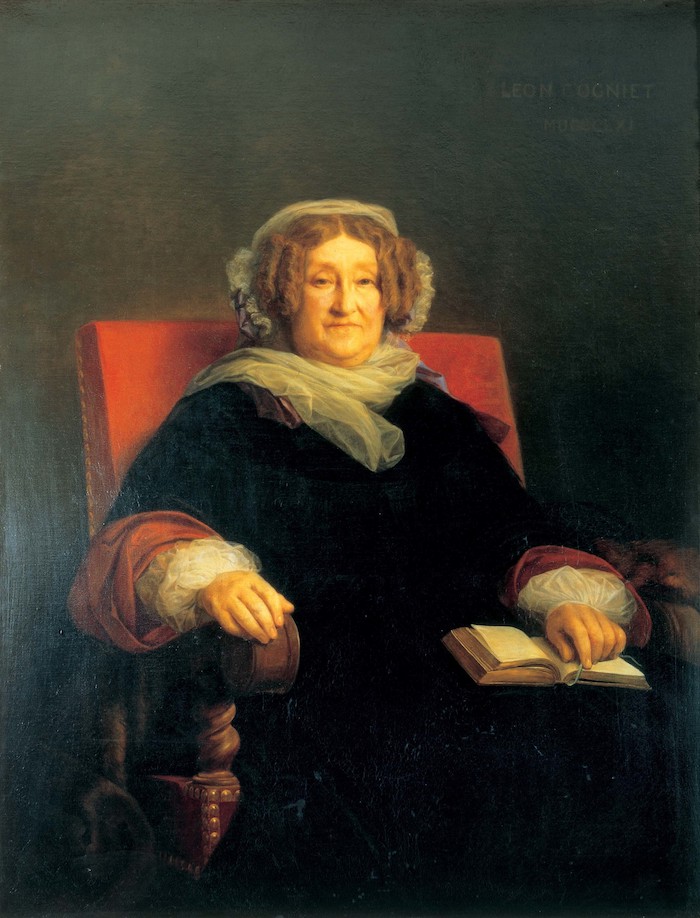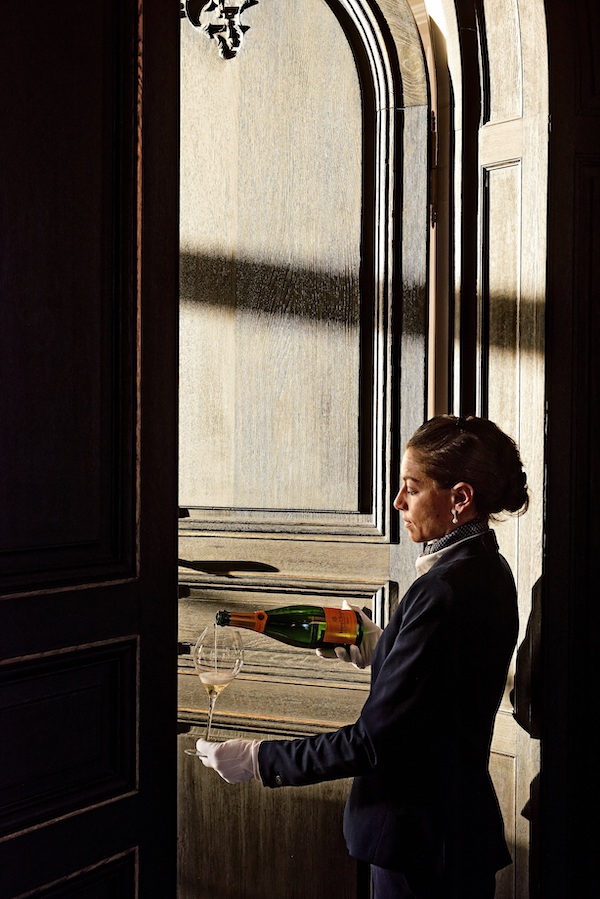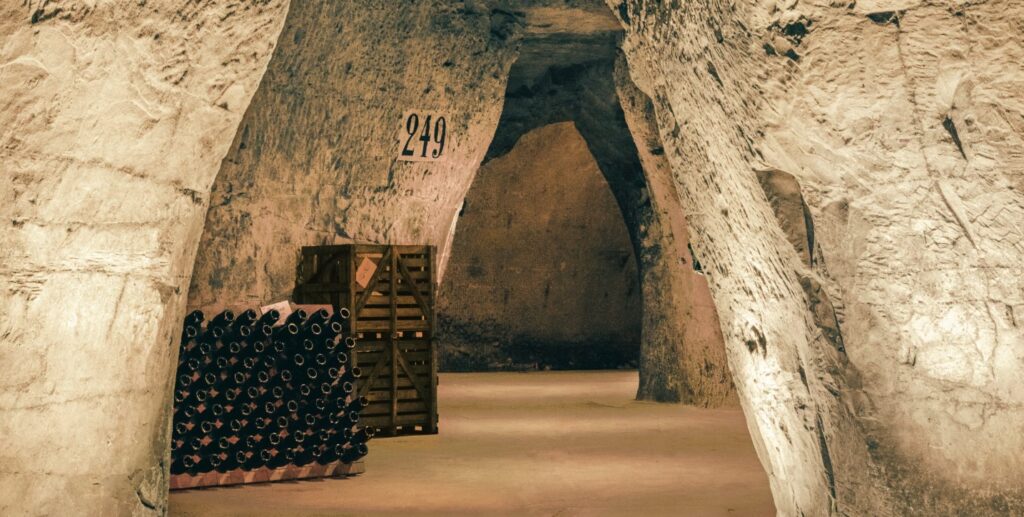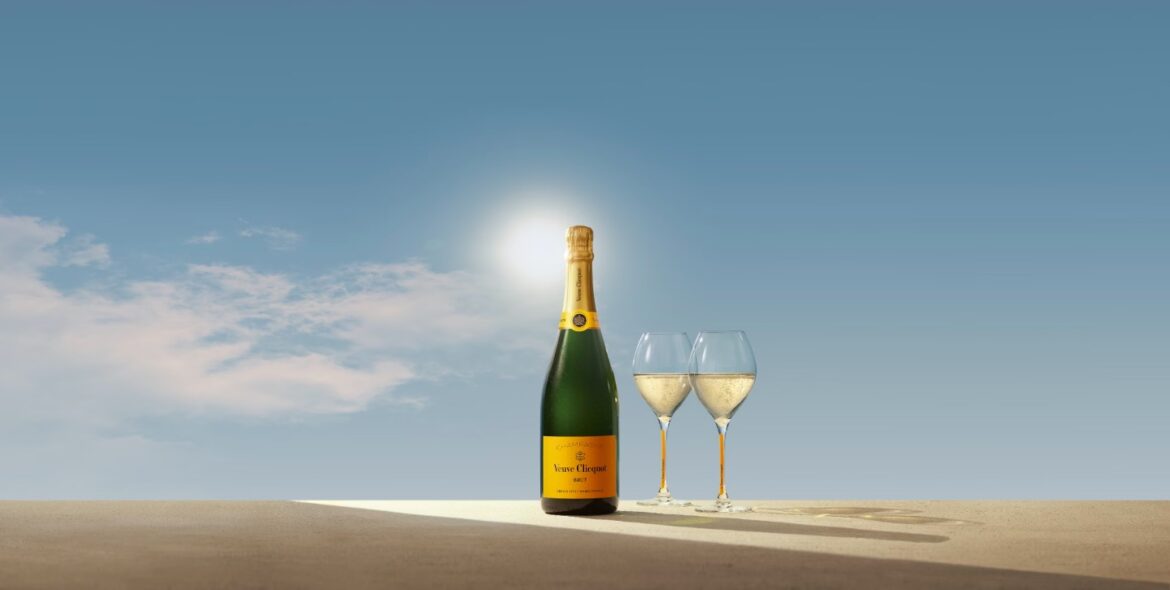Photo by © Veuve Clicquot
We’re approaching grape harvesting season over here in France – one of the most agriculturally important times of the year! This significant period – called les vendanges – is when grapes are cut from the vines and pressed to release their juices to begin the winemaking process. With wine being a particularly sacred commodity in France, we’re celebrating the season with the story of a pioneer in Champagne: Barbe-Nicole Posardin (Madame Veuve Clicquot).
SUBSCRIBE TO THE MAGAZINE
Marrying her husband, François Clicquot, at the age of 21 in 1798, Barbe-Nicole was widowed just 6 years later at the young age of 27. While it was uncommon for a woman to get involved in business affairs in the 18th century, the widow (or veuve in French) decided to take on her late husband’s company. Originally having involvement in the banking industry, wool and textile trading, and champagne production, Madame Clicquot decided to narrow in and focus the enterprise entirely on her passion – champagne.


Her skill, expertise, and dedication to wine is what led the company to develop the most important technique in champagne production to this day. Under her management, the Clicquot company created “riddling” (remuage in French) which is a step in the fermentation process that is critical to obtaining those fine bubbles we all know and love. This traditional technique involves storing the bottles upside down at a 35º angle and regularly turning them once a day to collect the dead yeast at the neck of the bottle. After 8 to 12 weeks, the yeast at the top is removed and additional sweet liqueur is added before final corking.

Before the invention of Madame Clicquot’s technique, champagne was cloudy, with large bubbles, and full of sediment from the extra yeast. Thanks to her development, all traditional champagne (as well as sparkling wine from other countries) is made with this process. So next time you’re enjoying a coupe of champagne, remember to give a toast to Madame (Veuve) Clicquot for having the courage to challenge the status quo and perfecting one of the world’s greatest delicacies.
Check out this short video by Veuve Clicquot to see just how inspiring Madame Clicquot went on to be not only in wine history, but in women’s history.
